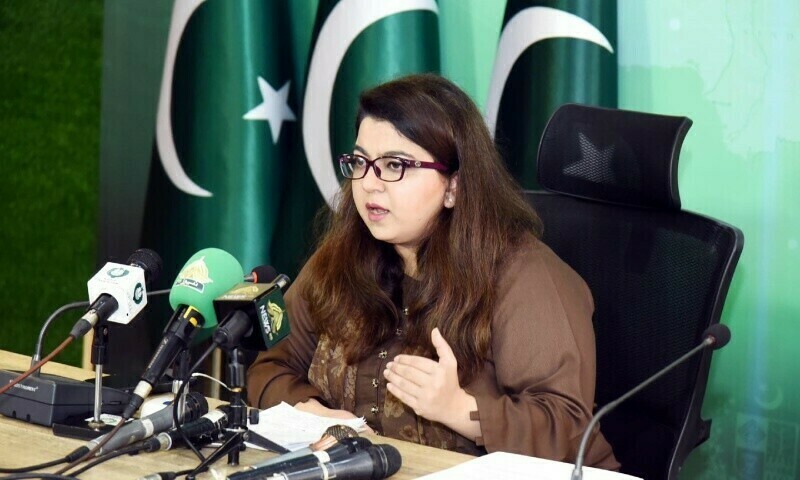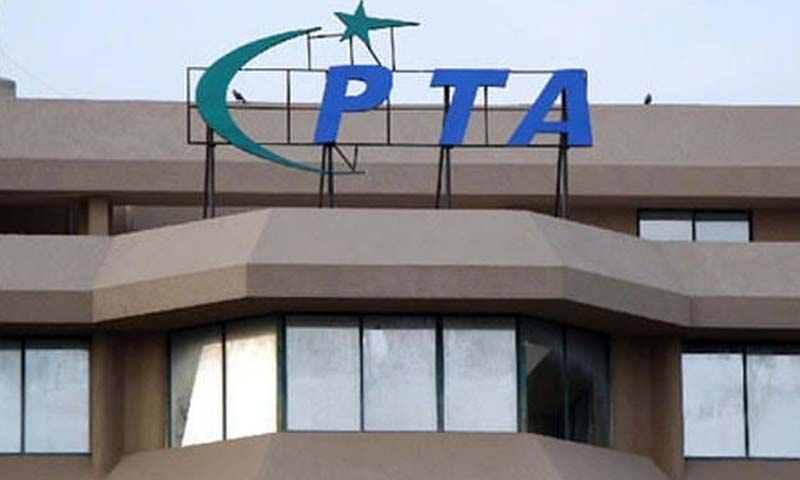SCIENCE & TECHNOLOGY

Shaza Fatima Khawaja, the Minister of State for Information Technology and Telecom, held an important meeting with a delegation from Starlink, the satellite internet service provider owned by tech mogul Elon Musk. The meeting primarily focused on the progress of licensing Starlink’s services in Pakistan, with a particular emphasis on the ongoing regulatory framework being developed for Low Earth Orbit (LEO) satellite-based internet.
Starlink, recognized globally for its innovative satellite internet solutions, has already made strides in Pakistan by registering with the Securities and Exchange Commission of Pakistan (SECP). However, the government is still in the process of formulating a comprehensive regulatory framework that would grant LEO satellite landing rights for internet services in the country.
Pakistan is seeking to address a growing internet access gap and provide reliable connectivity in underserved and remote areas. Satellite-based internet is seen as a key solution to overcome the challenges posed by limited infrastructure, particularly in rural regions where traditional broadband connections are often unavailable.
At present, Pakistan’s internet service providers (ISPs) rely on 13 geosynchronous orbit (GSO) satellites, which orbit the Earth at an altitude of around 3,600 kilometers. While four of these satellites are used for providing communication services to licensed TV channels, the majority serve internet traffic. LEO satellites, in contrast, orbit much closer to the Earth—between 300 and 500 kilometers—and are capable of providing more direct, low-latency internet services to consumers.
The promise of faster, more reliable, and affordable internet through LEO satellites has already attracted significant interest from both commercial and individual users in Pakistan. Last year, many IT service providers, especially those with international clientele, turned to Starlink to bypass regular internet slowdowns and throttling that were largely politically motivated.
A senior executive from one IT company shared that they were utilizing Starlink’s connection, sourced through equipment from the UK. While the cost of subscription—about 750 pounds per month—is high, the company valued the uninterrupted and seamless service that Starlink provides. "The rates are steep, but it guarantees smooth business operations, with satisfactory internet speed," the executive noted.
Currently, however, these IT companies are paying subscription fees abroad since Starlink does not yet have a local service structure in Pakistan. The Pakistan Telecommunication Authority (PTA) has warned that using such services without proper authorization is illegal and could lead to action against users.
For Starlink to operate legally within Pakistan, it must obtain approval from the Pakistan Space Activities Regulatory Board (PSARB). Following this, the company will need to acquire an operational licence from the PTA. This step is crucial before Starlink can officially begin offering its satellite-based internet services in the country.
In a parallel development, Minister Shaza Fatima Khawaja chaired a meeting to oversee the creation of a regulatory framework for LEO satellites. The framework is expected to be finalized soon, with plans to hire consultants to help draft the necessary regulations. Khawaja emphasized the need for Pakistan’s satellite policies to align with international standards in order to fully unlock the potential of satellite technology for national development and economic growth.
The government’s push for improved connectivity through satellite-based internet comes at a time when reliable digital infrastructure is critical for education, business, and governance, especially in remote parts of the country.




